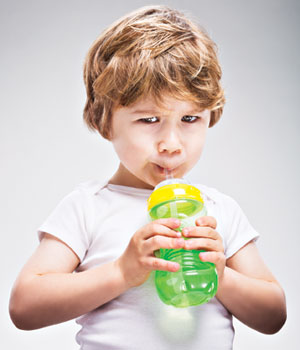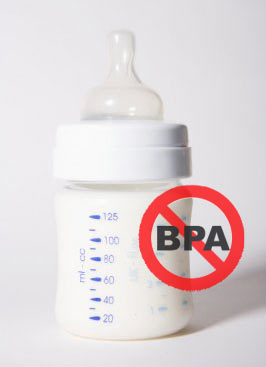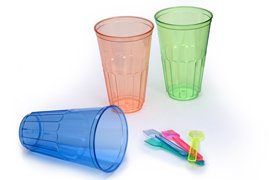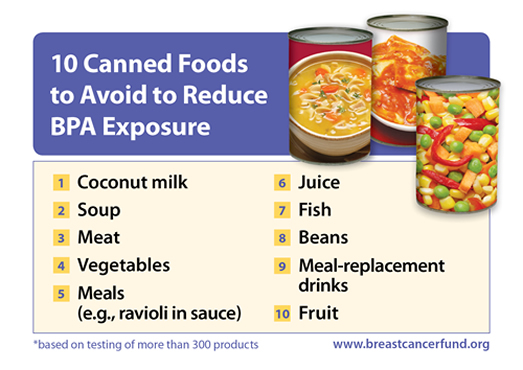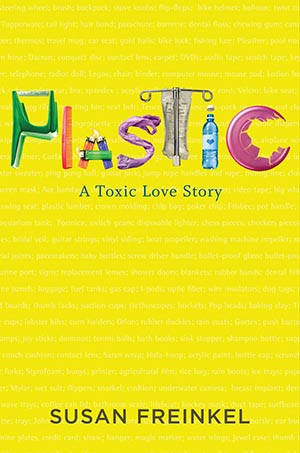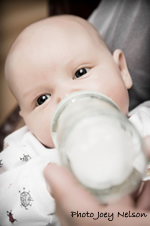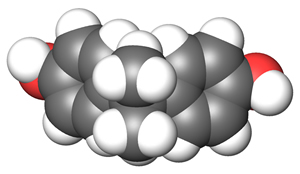3 March 2014 — We strongly urge you to read this new investigative report by Mother Jones investigative journalist Mariah Blake on bisphenol A (BPA) and how the plastic and chemical industries are doing all they can to cover up, hide and falsify any evidence of the dangers of BPA and other common – and potentially equally or more dangerous – BPA replacements such as Tritan.
This is exactly why we do what we do – provide information and alternatives: Because as this report shows in crystal clear, well-sourced fashion, unless you do your own in-depth research you are not getting the full story on plastics and their safety.

